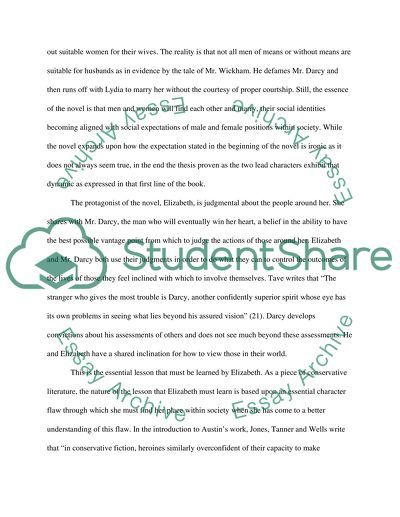Cite this document
(“Jane Austen and the Assessment of Men Research Paper”, n.d.)
Retrieved from https://studentshare.org/literature/1454819-research-essay
Retrieved from https://studentshare.org/literature/1454819-research-essay
(Jane Austen and the Assessment of Men Research Paper)
https://studentshare.org/literature/1454819-research-essay.
https://studentshare.org/literature/1454819-research-essay.
“Jane Austen and the Assessment of Men Research Paper”, n.d. https://studentshare.org/literature/1454819-research-essay.


